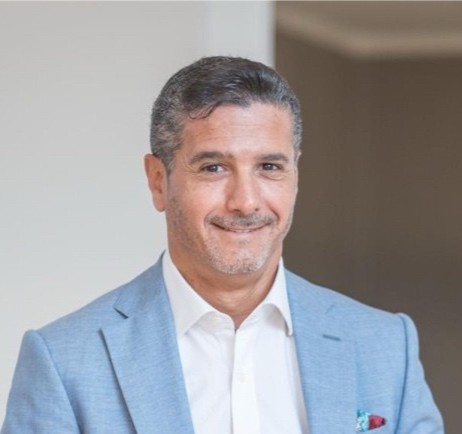After much speculation, 2021 turned out to be a rocky year for Malta’s efforts to bolster its international reputation in the wake of revelations of public and private corruption that have rocked the island in recent times.
The Financial Action Task Force (FATF) – an intergovernmental watchdog devoted to battling global money laundering and terrorist financing – voted to put the jurisdiction on its grey list of countries possessing ‘strategic deficiencies’ in their anti-money laundering (AML) and counter terrorism (CFT) structures.
Malta’s relegation to the FATF grey list places it in a vulnerable position, particularly with respect to its relationships with global business stakeholders, investors, and financial institutions. The iGaming sector – which is founded on the fruit of such collaborations – may be seen as particularly vulnerable to the consequences of the vote.
Yet, as Mario Fiorini, the Co-Founder and Director at IGA Group, says in the latest issue of iGaming Capital, “this industry is known for its resilience and flexibility, which, over the years, have helped it grow and mature into the industry we have today.”
Despite this, Malta’s position on the grey list “is surely not something that any of the companies based in Malta was hoping for.” However, in his view, the industry “had already geared up for such challenges”, with the introduction of the new Gaming Act in 2018, and also through the transposition of the EU’s fourth Anti-Money Laundering Directive into Maltese law.
“The Malta Gaming Authority (MGA) had already stepped up its supervisory reach on its licensees in recent years, through collaboration with other local and international regulatory bodies,” he explains, adding that these efforts need to continue being built upon.
“Over time Malta has become one of the best iGaming hubs in Europe, achieved through the collective efforts of all those who form part of this industry,” the IGA Group Co-Founder says.
“Operators, service providers, industry bodies and also the MGA, all had their fair share in ensuring that the iGaming industry in Malta developed into the mature and stable industry we have today, and all these key stakeholders need to keep working together to continue safeguarding this unique ecosystem for the years to come,” Mr Fiorini, whose company specialises in providing a range of corporate and software services to the sector, asserts.
Yet, timing is key and the sector, he underlines, is eagerly waiting for the country to get off the list as soon as possible, which could take as long as 2023. However, Mr Fiorini is clear: “if we manage to get off this list in the shortest time possible, the gaming industry in Malta will continue to thrive and consolidate its presence.”
Until that happens, the IGA Group Director is assured of the industry’s ability to stave off the difficulties that may lie ahead, for “the iGaming sector in Malta has overcome a number of challenges throughout the years, and I am confident that the resilience shown in the past will continue to be prevalent in the future of this industry.”
This forms part of a wider feature carried in the latest edition of iGaming Capital.
Melita CEO says new ownership marks ‘next phase of growth’ for digital infrastructure
Melita has been acquired by Goldman Sachs Alternatives.
The power of face-to-face: why in person networking still matters for Malta’s business leaders
The value of in person networking is often underestimated.
Malta team is RS2’s ‘technological engine’ says CEO amid Visa USA partnership
Radi El Haj spoke to MaltaCEO.mt about RS2’s recent collaboration with Visa USA Inc.
7 ways self-awareness can instantly improve your presentation skills
The path to presentation excellence begins with self-awareness.









